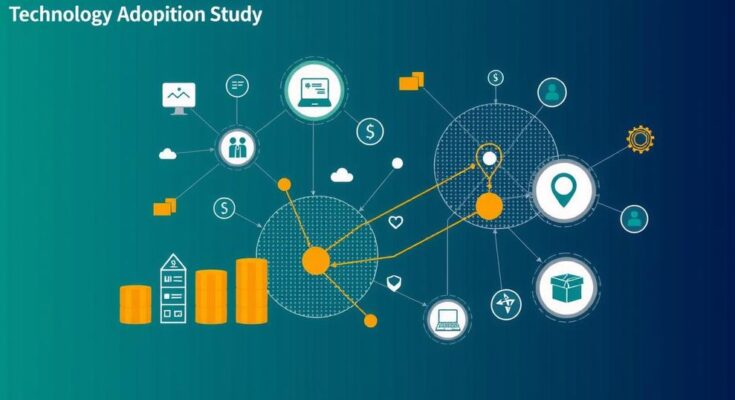Pew Research Center is evolving its approach to studying technology adoption, moving from phone surveys to the National Public Opinion Reference Survey (NPORS). This shift aims to improve response rates and inclusivity by allowing participants to choose between paper and online formats. The transition reflects the need for data reflecting diverse technological experiences, especially among under-represented populations.
The Pew Research Center has shifted its methodology for studying technology adoption in the U.S. Rather than relying solely on phone surveys, they now utilize the National Public Opinion Reference Survey (NPORS), which gathers responses via mail and online. This change aims to improve data collection, especially from those who are less tech-savvy or do not own devices. Monica Anderson emphasizes that understanding tech adoption provides insights into the societal impact of digital tools. The survey also highlights the ongoing digital divide, illustrating how access to technology varies across demographics and income levels, particularly noting that many lower-income households still lack broadband. Colleen McClain explains the transition from phone to NPORS is a response to declining participation in phone polling. With nearly everyone online today, adapting to new survey methods ensures they remain connected to the realities of tech usage. NPORS, which offers both online and paper options, helps capture the experiences of those less comfortable with technology, leading to higher response rates. Comparing data from the old and new methods was crucial, as differing survey methods can yield varying results. To bridge this gap, the researchers conducted test surveys alongside the phone polls, ensuring NPORS data aligns well with previous findings. Their diligence in crafting consistent survey conditions helps maintain reliable data over time. McClain is cautious about discussing trends since the method shift could create discrepancies in the data. Nonetheless, they found significant changes, particularly in increased TikTok usage, which jumped from 21% to 33% between 2021 and 2023. This variation signals real societal shifts rather than just methodological differences in data collection. Communication about these methodological changes will be transparent; charts will indicate the mode shift to maintain clarity for readers. Some publications will focus purely on new data to avoid confusion about trends. Additionally, adapting questions for a non-interactive environment was necessary to ensure accurate responses, reflecting the current technology landscape. Among the standout findings, Anderson highlights TikTok’s rapid adoption, especially among the youth, and the continued stability of Facebook as a major platform. These insights underline the necessity of ongoing monitoring of technology’s evolution and its impact on users in a fast-paced digital world.
Pew Research Center has been a pioneer in examining technology adoption among Americans, highlighting the various ways digital platforms shape society. This inquiry provides critical perspectives on who accesses technology, addressing ongoing disparities often influenced by demographic factors. The shift to NPORS aims to enhance data collection methods to represent diverse experiences better, especially among those traditionally overlooked in digital studies.
In summary, Pew Research Center’s transition from phone surveys to the National Public Opinion Reference Survey allows for more inclusive and accurate data collection regarding technology usage. This methodological evolution will enable the Center to better understand the digital landscape, addressing issues of accessibility and demographic differences as they continue to track technology’s pervasive influence on society.
Original Source: www.pewresearch.org



